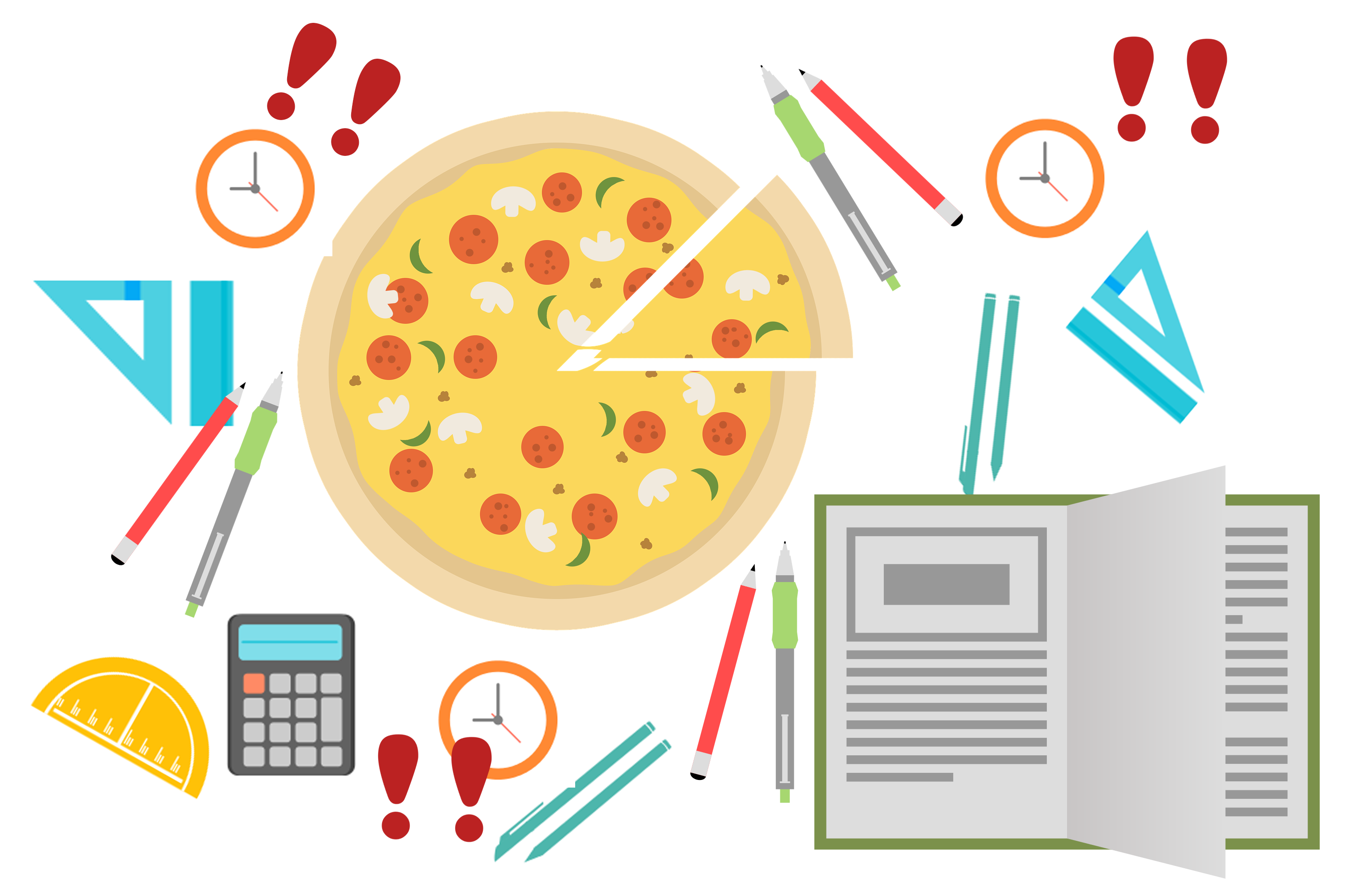Dealing with depression, binge eating disorder and attention disorders
I used to try to pinpoint when it all started, but I have come to realize that there is no precise beginning to my experience with mental illness.
In my case, it was just an accumulation of things, like drops that accumulate in a glass until it inevitably overflows.
I grew up in Annecy, France, surrounded by mountains, lakes, nature and caring friends and relatives—a perfect environment.
Everything began crumbling apart when my parents divorced.
I first met with a psychologist when I was seven, to help me understand and accept my parents’ situation.
My parents eventually remarried, and I ended up moving to Paris with my mother in the eighth grade. That is when I truly started to feel my glass begin to overflow.
I faced rejection. I faced rejection because of my fashion style, because of the place I came from. Most importantly, I faced rejection because I made the mistake of being open about my homosexuality. I dealt with daily looks of disgust.
At the age of 14, I began binge eating. It started as a nasty habit, and turned into an addiction that I still fight. I would come home, walk straight to the kitchen, sit on the floor with my bag and jacket still on and stare at the wall as I compulsively stuffed my face with food.
I developed perfectionism and attention problems in high school. School has always been a challenge for me. Seeing my grades drop due to all my emotional struggles only generated more stress linked to failure and limited my attention span even more. I found myself in a vicious circle. My glass was overflowing. It was too much.
During my last year of high school, I asked my mother to help me find a psychiatrist who could help me, at the very least, with my attention deficit. The psychiatrist ended up diagnosing me with depression, and I was prescribed a daily dose of antidepressants.
It was then that my life started to slowly piece itself back together.
After six months, I had stopped taking the medication. The pills helped and I started focusing on the things I loved in my life again. I started feeling better.
During my healing process, I talked to friends who could relate and help, or at least listen. I eliminated toxic relationships from my life. I focused on doing things I truly loved. I did photography and drawing. I watched anime. I skateboarded and baked. Over time, focusing on my hobbies and passions made me feel better.
These were all things I had left behind during my dark time. It took me time to realize that these things were what I was missing to help myself heal.
Most of all, I wouldn’t have gotten better without working on self-love. It took baby steps to gain back my confidence but every day, no matter how hard, I would tell myself that I should love myself for who I am.
I still have downs, and I have accepted that I always will. I don’t believe there are any immediate or magical solutions to mental illness. It was little and then progressively bigger steps that helped me towards remission. That’s what it takes. Open up to someone, surround yourself with the people who love you, do what you enjoy and work on being healthy.
Graphic by Florence Yee




